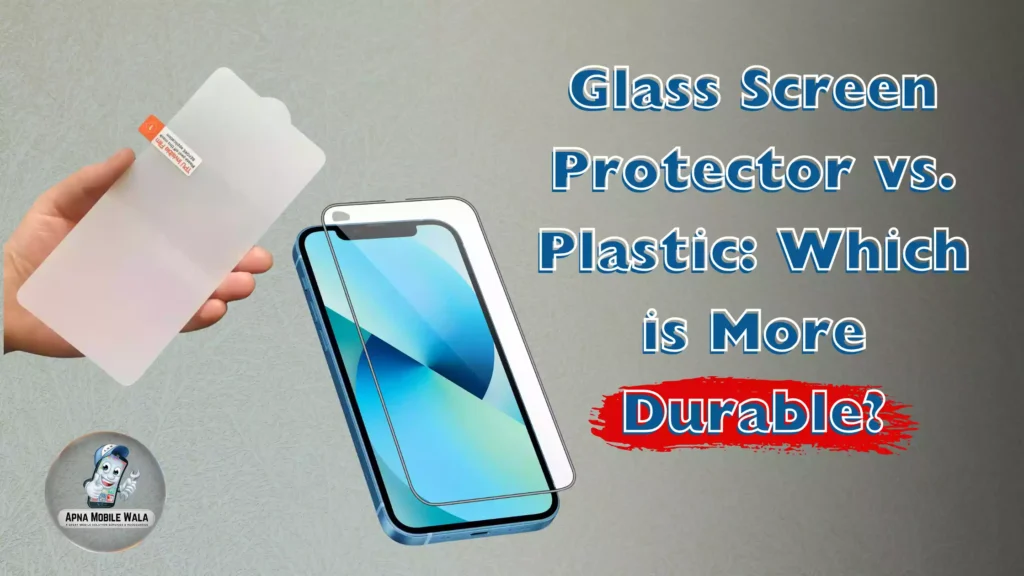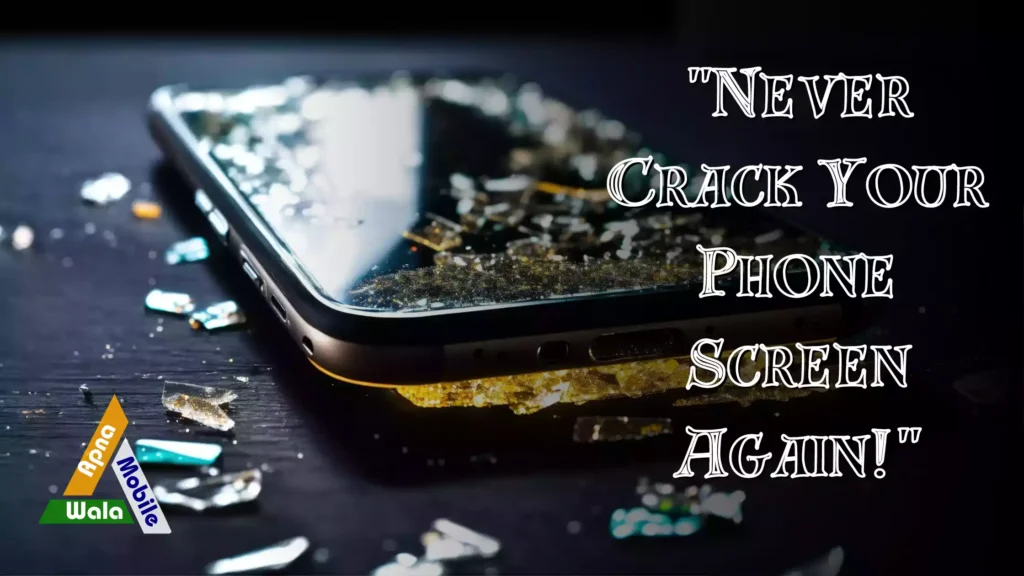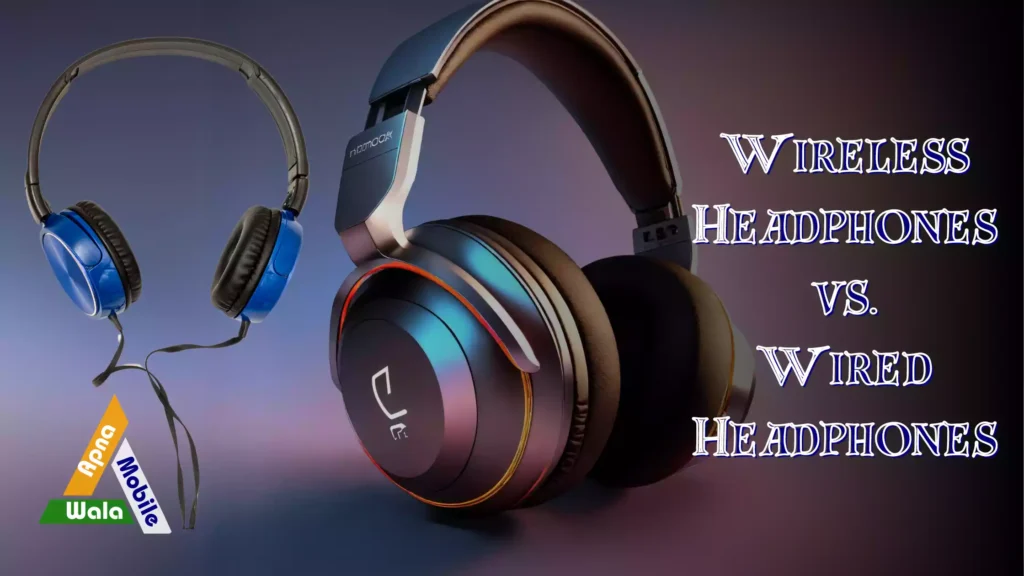Choosing between a glass or plastic screen protector can be challenging when protecting your smartphone or tablet screen. Each type has its strengths and weaknesses, but understanding which one is more durable can help you make an informed decision. This blog will break down the key differences in durability, impact resistance, ease of use, and long-term value.
1. Understanding Glass Screen Protectors
Composition and Durability
Glass screen protectors are typically made from tempered glass, a type of glass that undergoes a special heating and cooling process to enhance its strength. This results in a protector that mimics the look and feel of your device’s original screen, providing a smooth touch and high transparency.
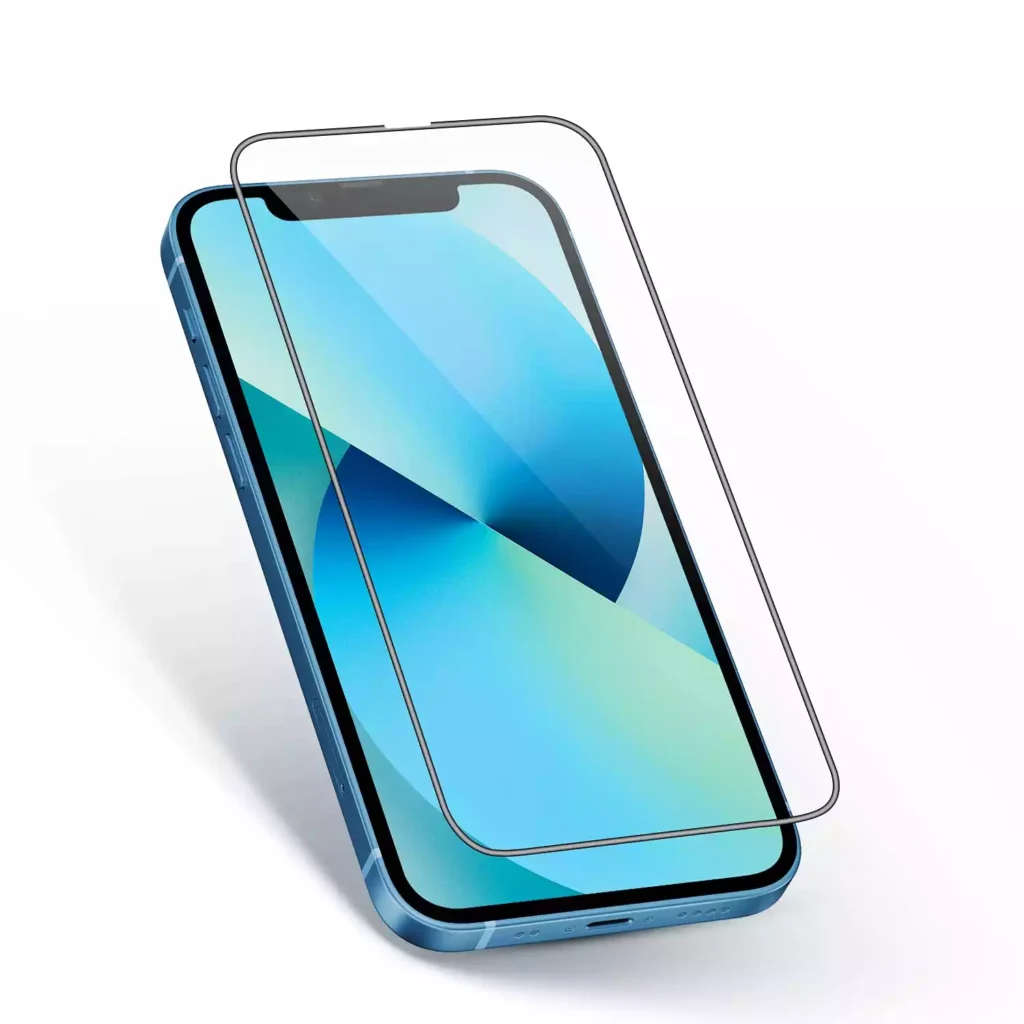
Pros of Glass Protectors
- High Durability: Tempered glass protectors are known for their strength and are rated between 7H and 9H on the Mohs hardness scale, making them highly resistant to scratches and minor impacts.
- Better Impact Resistance: In cases of accidental drops, glass protectors are designed to absorb shock and often shatter instead of allowing the force to transfer to the actual screen.
- Premium Feel: They offer a sleek, high-end finish that feels almost identical to the device’s original screen, ensuring no compromise in user experience.
Cons of Glass Protectors
- Thickness: Glass protectors are thicker than plastic ones, which might be noticeable on some devices.
- Cost: They are generally more expensive, but this reflects their superior protection and quality.
- Risk of Shattering: While they are designed to protect the screen by absorbing impact, they can crack or shatter upon significant force.
2. Understanding Plastic Screen Protectors
Composition and Durability
Plastic screen protectors are made from polyethene terephthalate (PET) or thermoplastic polyurethane (TPU). They are flexible and thin and come at a lower price point compared to glass protectors.
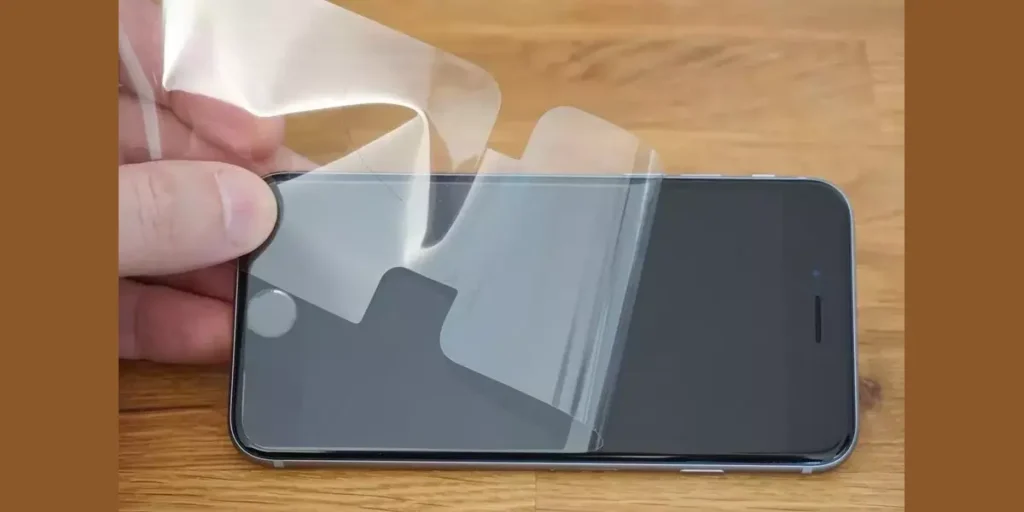
Pros of Plastic Protectors
- Flexibility: Plastic protectors are very thin and lightweight, providing a subtle barrier between your screen and external elements.
- Cost-Effective: These protectors are more affordable, making them a good choice for budget-conscious users.
- Scratch Resistance: While not as tough as glass, high-quality plastic protectors can still offer decent resistance to light scratches and scuffs.
Cons of Plastic Protectors
- Lower Impact Protection: Plastic protectors are not as effective as glass when it comes to withstanding strong impacts or drops. They may prevent scratches but won’t safeguard the screen from severe damage.
- Appearance: Plastic can appear less transparent and may show bubbles or fingerprints more easily.
- Feel: The texture of a plastic screen protector might not match the original glass screen, which can affect the overall touch experience.
3. Head-to-Head: Durability Comparison
Scratch Resistance
Tempered glass is superior when it comes to scratch resistance. While both types of screen protectors can prevent scratches from keys, coins, and general wear, tempered glass offers a much harder surface that is better suited for day-to-day use without showing marks. Plastic protectors, though decent at preventing minor abrasions, will likely show wear more quickly.
Impact Resistance
Glass screen protectors excel in this category as well. The nature of tempered glass allows it to absorb impact, cracking in the process but leaves your actual device screen unharmed. Plastic protectors, being more flexible, do not absorb impact as effectively. They can protect against minor shocks but are more likely to transfer the force to the screen during a significant drop.
Long-Term Durability
Over time, glass protectors maintain their clarity and structural integrity better than plastic ones. Plastic screen protectors are prone to yellowing, developing scratches, and losing their adhesive properties, which can lead to peeling and reduced visibility. Glass screen protectors, if taken care of, can last for the lifetime of the device.
4. Other Factors to Consider
Installation and Maintenance
Glass screen protectors are typically easier to install due to their rigidity, which reduces the likelihood of air bubbles forming underneath. Plastic protectors, being more pliable, require precision to apply without bubbles or misalignment.
Touch Sensitivity
Tempered glass protectors provide a more natural touch sensitivity, similar to the device’s original screen. Some plastic protectors, particularly TPU types, may feel slightly rubbery and can affect how smoothly you navigate or type.
Appearance and Aesthetics
Glass protectors are almost invisible once applied, maintaining the look of your device. Plastic protectors may be more noticeable, especially if they accumulate scratches or show bubbles over time.
5. Which is Right for You?
Choosing between glass and plastic screen protector depends on your lifestyle, budget, and the type of protection you prioritize.
- For Maximum Durability and Protection: A tempered glass screen protector is the better option. It provides superior scratch and impact resistance, maintains touch sensitivity, and looks almost seamless on your device.
- For Budget-Friendly and Lightweight Use: A plastic screen protector might be sufficient if you’re looking for basic scratch resistance and don’t need heavy-duty protection.
Recommendations:
- If you use your device in rugged environments or are prone to dropping it, invest in a high-quality glass screen protector.
- For those who want a subtle, affordable layer of protection against minor scratches and are not worried about significant impact damage, a plastic protector can work well.
Conclusion
In the battle of glass screen protectors vs. plastic, tempered glass takes the lead in durability, impact resistance, and long-term usability. While plastic protectors are affordable and offer basic scratch prevention, they fall short when it comes to more demanding protection. For the most reliable and durable option, glass screen protectors are the clear winner.
Thanks for Reading!
Read more:
How to Protect Your Phone Screen
The Best Tech Gadgets and Devices of 2024
How to Secure Your Online Accounts from Hackers
Eco-Friendly Mobile Accessories

